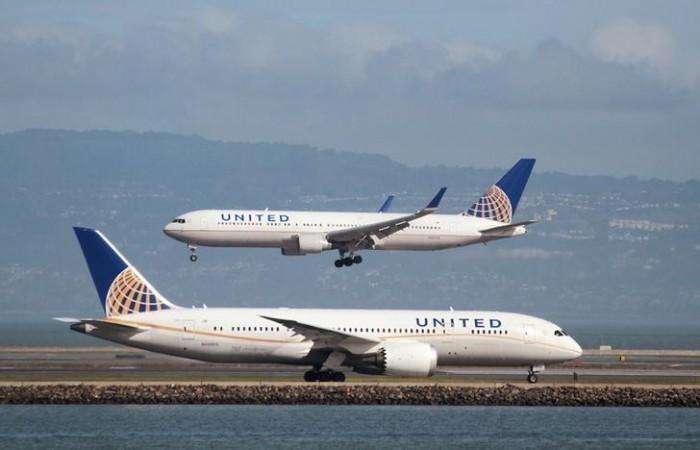
United Airlines' decision to stop two of its passengers from boarding a flight from Denver because they were wearing leggings drew a lot of flak.
Also read: Game of Thrones Season 7 promo released: Here's everything we know [VIDEO]
The airlines defended their decision saying they passengers were "pass holders" flying as guests of an employee and they had to abide by an employee dress code that prohibited "form-fitting lycra/spandex tops, pants and dresses."
According to Michael Gordon, CEO of Group Gordon, a corporate and crisis PR firm based in New York, the company will continue to attract criticism as long as their no leggings policy is in place.

"The optics of this are bad for United," Gordon told International Business Times India in an email interview. "Two young girls being asked to change out of what has become ubiquitous air-wear looks callous, random, and sexist despite the airline's attempts to clarify that the rationale behind its policy for "Pass" travellers. As long as United remains doubled down on a policy that polices a young girl's dress, the company will continue to experience turbulence. If that's the flight plan they want to stick with, the company's image will suffer as consumers start to think of the brand as rigid and restrictive. And you can bet that competitors will be waiting in the wings to scoop up those frustrated flyers."
A number of rival airlines took a shot at United for their no leggings policy. Delta Air Lines took to their Twitter on Monday saying, "Flying Delta means comfort. (That means you can wear your leggings.)" Florida-based Spirit Airlines posted an ad saying "Let them wear leggings."
So how can United respond moving forward? " United can still land this situation safely if it stops standing by a controversial, antiquated dress code that affects relatively few passengers and doesn't fly with customers," said Gordon.
"Even if the backlash over this specific incident blows over, the public and the media will be on high alert for situations like this and new cases will get play in the press. They should get rid of the policy altogether or if not adapt it so that it's not burdensome for female passengers and reflects current standards of dress."
Celebrities including Chrissy Teigen, Patricia Arquette and William Shatner tweeted about the incident. When celebrities get involved, the stakes are always high because of their wider reach.
"These risks make it even more critical that a brand diffuse the situation promptly. Brands should also remember, though, that while a celebrity's platform can help a crisis take off, it can also give brands the opportunity to address wider audiences by responding to a celebrity's Tweet or post," concluded Gordon.

















